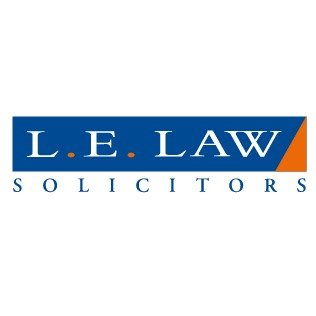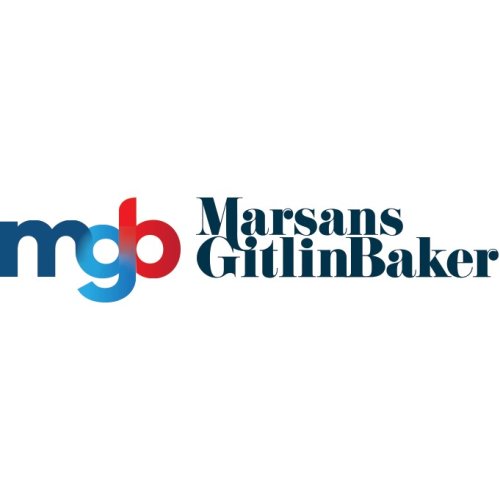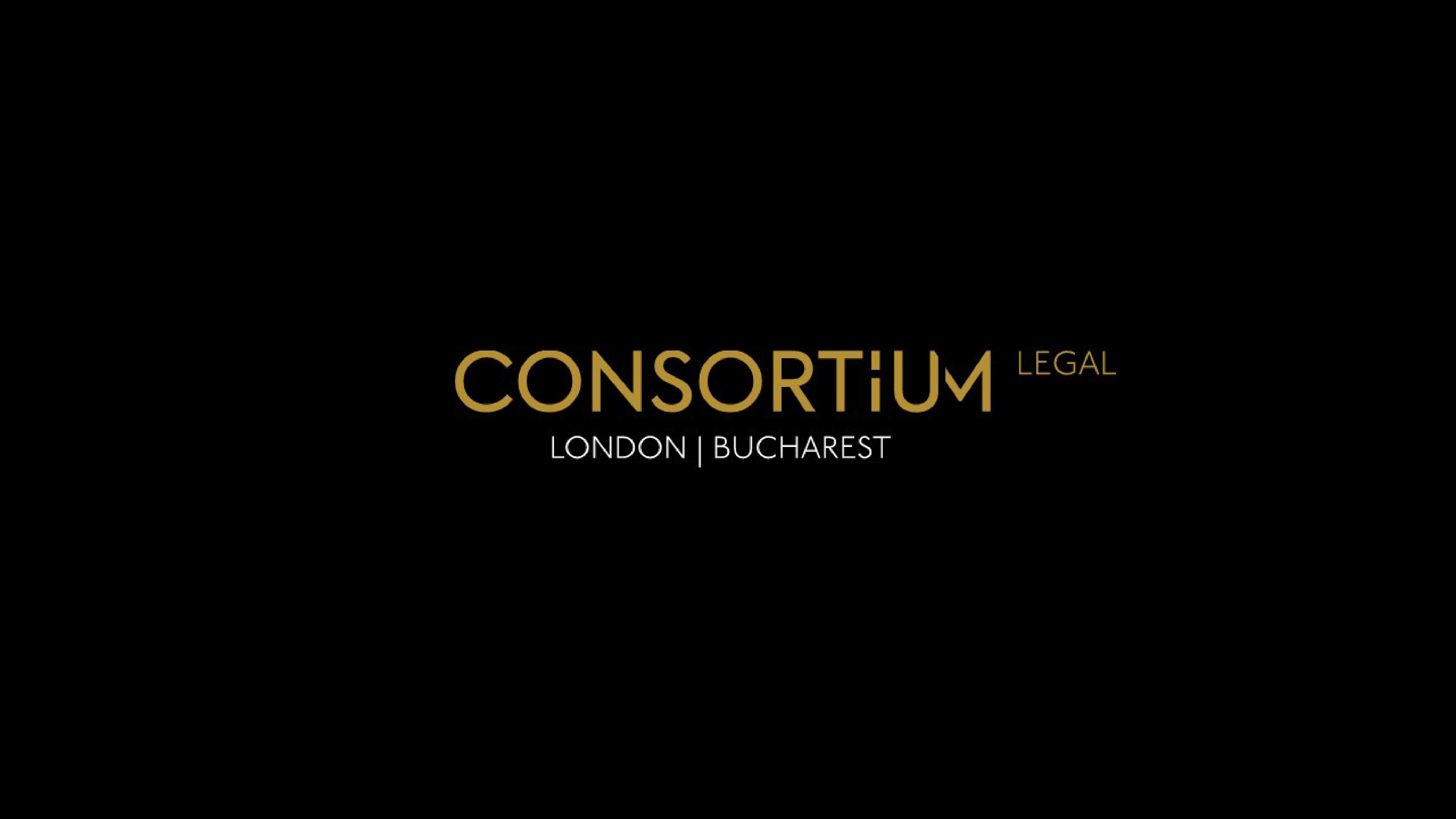Best Conveyancing Lawyers in London
Share your needs with us, get contacted by law firms.
Free. Takes 2 min.
Free Guide to Hiring a Real Estate Lawyer
List of the best lawyers in London, United Kingdom
About Conveyancing Law in London, United Kingdom
Conveyancing refers to the legal process of transferring property ownership from one party to another. In London, United Kingdom, this process is governed by a set of rules and regulations designed to ensure the legal and financial security of both buyers and sellers. The conveyancing process involves the preparation, review, and exchange of legal documents as well as the handling of payments and the official registration of new ownership. Whether the transaction involves residential or commercial property, conveyancing is a crucial step in securing your investment and protecting your rights.
Why You May Need a Lawyer
While some aspects of conveyancing may seem straightforward, there are many instances where the experience and expertise of a qualified solicitor or licensed conveyancer are essential. Here are some common situations where legal assistance is necessary:
- Drafting and reviewing contracts to ensure your interests are protected
- Handling complex property titles, such as leaseholds, unresolved boundaries, or shared ownership
- Dealing with existing mortgages or financial issues tied to the property
- Investigating property searches for issues like planning restrictions, unpaid taxes, or building regulations
- Managing the transfer of funds through an escrow or client account
- Resolving disputes arising during the sale or purchase process
- Navigating requirements specific to London, such as environmental searches or local council restrictions
- Ensuring compliance with anti-money laundering regulations and verifying identities
Hiring a legal professional helps mitigate potential risks, reduces delays, and provides peace of mind during what can be a complex transaction process.
Local Laws Overview
Conveyancing in London is primarily regulated by English property law, but there are key local considerations:
- The Land Registration Act 2002 requires almost all property transfers to be recorded with HM Land Registry
- Stamp Duty Land Tax applies to most property purchases, with rates varying by purchase price and buyer status
- Leasehold properties are common in London and require careful review of lease terms, ground rent, and service charges
- Environmental searches in London may reveal unique risks such as flood zones or historic land contamination
- Local Authority searches can identify planning permissions, building regulations compliance, and nearby developments
- Properties within conservation areas or those with heritage listings carry additional requirements and restrictions
- Additional checks may be required for foreign buyers under anti-money laundering rules
Understanding these legal frameworks and local rules helps ensure a secure transaction and compliance with all obligations.
Frequently Asked Questions
What is the role of a conveyancer or solicitor in property transactions?
A conveyancer or solicitor handles the legal aspects of buying or selling property, including preparing and reviewing contracts, carrying out searches, liaising with other parties, and ensuring the proper transfer of funds and ownership.
How long does the conveyancing process take in London?
On average, straightforward property transactions in London can take between 8 to 12 weeks, but this can vary depending on the complexity of the case and other external factors.
What is a property search, and why is it necessary?
Property searches are investigations carried out by your solicitor to check for issues like planning permissions, environmental risks, or legal restrictions that may affect the property or your future use of it.
Is it mandatory to use a lawyer or licensed conveyancer in London?
While not legally required, using a regulated legal professional is highly recommended to protect your interests and ensure that the transaction complies with all applicable laws.
What costs are involved in the conveyancing process?
Typical costs include legal fees, search fees, HM Land Registry fees, and Stamp Duty Land Tax. Additional charges may apply for complex transactions or extra searches.
What is Stamp Duty Land Tax, and who pays it?
Stamp Duty Land Tax is a government tax paid by the buyer on property purchases above a certain threshold. Your legal adviser will calculate and arrange payment as part of the conveyancing process.
What happens if issues are found during property searches?
If searches reveal any problems, your conveyancer will explain the implications and help you renegotiate the contract, seek remedies, or decide whether to proceed with the purchase.
How are deposits handled during conveyancing?
A deposit, usually 10 percent of the purchase price, is paid when contracts are exchanged. The funds are held by the seller's solicitor until completion to ensure both parties are committed.
Can conveyancing be done online or remotely?
Many aspects of conveyancing can now be managed online, including document exchange and signatures. However, certain steps may still require original document verification or in-person identity checks.
What happens on completion day?
On completion day, the purchase funds are transferred, official ownership is recorded with HM Land Registry, and you can take possession of the property.
Additional Resources
For further information or support with conveyancing in London, you may find the following organisations and resources helpful:
- HM Land Registry: Oversees the registration of property ownership and transactions
- The Law Society: Offers guidance on finding a qualified solicitor specialising in conveyancing
- Solicitors Regulation Authority: Regulates solicitors and ensures professional standards are maintained
- Council for Licensed Conveyancers: Manages the licensing and regulation of professional conveyancers
- Government guidance on Stamp Duty Land Tax and property transactions
- Local London borough councils for planning, environmental, and property-specific enquiries
Next Steps
If you are considering buying or selling property in London and require conveyancing advice, consider these next steps:
- Gather all relevant documents, including identification, proof of address, and details of the property involved
- Make a list of any questions or concerns about the transaction
- Research and shortlist qualified solicitors or licensed conveyancers with experience in London property law
- Arrange initial consultations to discuss your needs, fees, and timelines
- Verify your chosen professional's credentials with the appropriate regulatory body
- Stay in regular contact with your lawyer throughout the process to ensure all requirements are met and deadlines are tracked
Taking these preparatory steps will help you choose the right legal professional and make your conveyancing experience as smooth and secure as possible. If you need urgent advice, do not hesitate to contact a regulated law firm or conveyancer for immediate assistance.
Lawzana helps you find the best lawyers and law firms in London through a curated and pre-screened list of qualified legal professionals. Our platform offers rankings and detailed profiles of attorneys and law firms, allowing you to compare based on practice areas, including Conveyancing, experience, and client feedback.
Each profile includes a description of the firm's areas of practice, client reviews, team members and partners, year of establishment, spoken languages, office locations, contact information, social media presence, and any published articles or resources. Most firms on our platform speak English and are experienced in both local and international legal matters.
Get a quote from top-rated law firms in London, United Kingdom — quickly, securely, and without unnecessary hassle.
Disclaimer:
The information provided on this page is for general informational purposes only and does not constitute legal advice. While we strive to ensure the accuracy and relevance of the content, legal information may change over time, and interpretations of the law can vary. You should always consult with a qualified legal professional for advice specific to your situation.
We disclaim all liability for actions taken or not taken based on the content of this page. If you believe any information is incorrect or outdated, please contact us, and we will review and update it where appropriate.

















